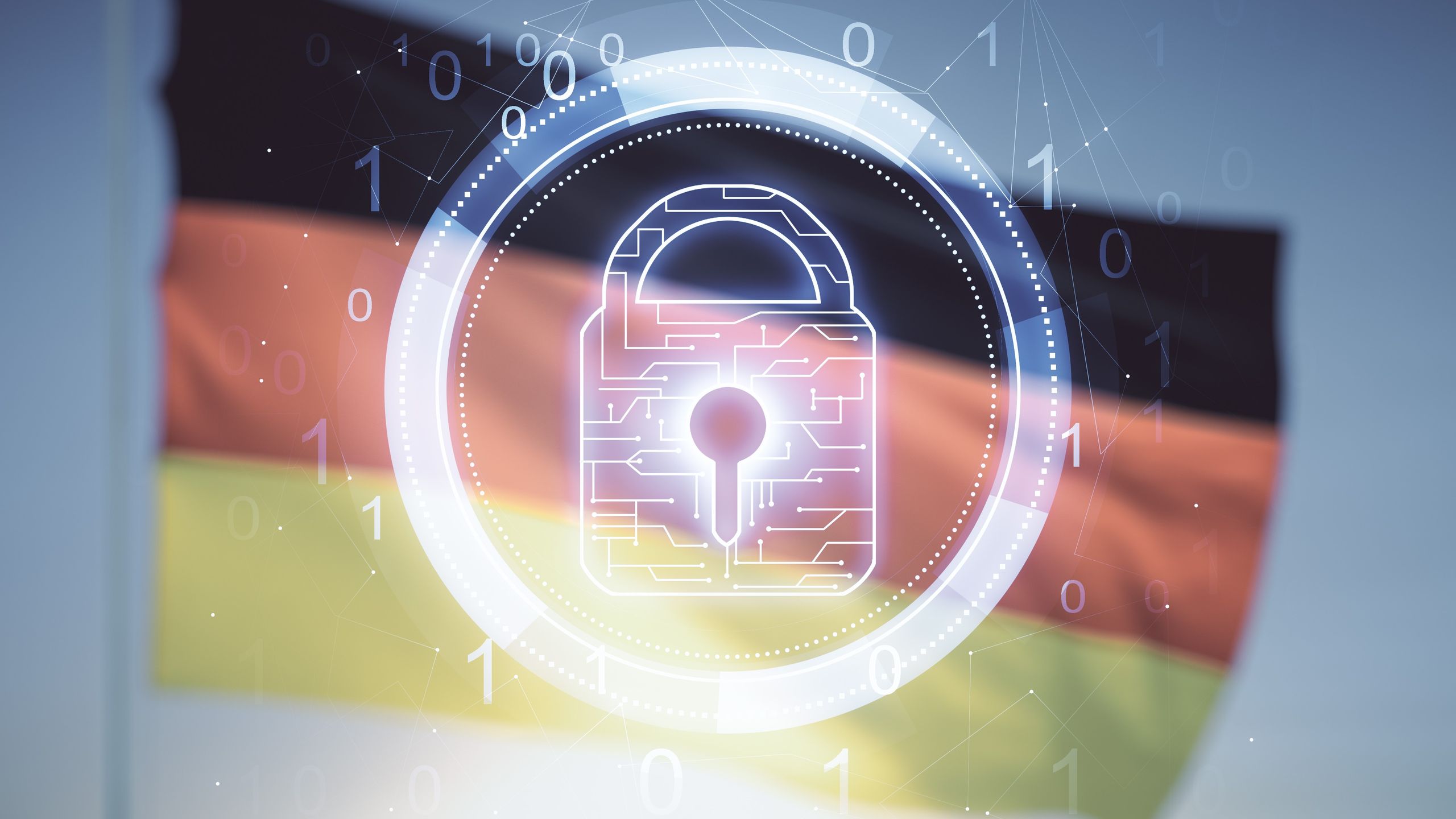Germany Rejects EU "Chat Control" Proposal, Citing Privacy Concerns

Key Points
- Germany's Justice Minister Stefanie Hubig states random chat monitoring must remain taboo.
- Germany will not support the EU Child Sexual Abuse Regulation, known as "Chat Control."
- The proposal would require client‑side scanning of private messages before encryption.
- Privacy advocates hail the decision as a major victory for digital privacy.
- Former Pirate Party MEP Patrick Breyer emphasizes the importance of encryption.
- Internet Society's David Frautschy highlights the flaw of mandatory scanning.
- EU Council to meet on October 14 to decide the proposal's future.
- German ministries faced internal pressure but maintained opposition.
Germany has announced it will not support the EU's Child Sexual Abuse Regulation, commonly known as "Chat Control," which would require mandatory scanning of private messages for illegal content. Justice Minister Stefanie Hubig emphasized that random monitoring must remain taboo in a constitutional state, calling the move a major victory for digital privacy. The decision follows weeks of mixed signals and pressure from various ministries. Privacy advocates, including former Pirate Party MEP Patrick Breyer, hailed the rejection, while officials warned the fight against child exploitation will continue. The EU Council is set to meet with the Justice Minister to determine the proposal's future.
Background
The European Union has been working on a Child Sexual Abuse Regulation (CSAR) that would obligate messaging apps to scan all URLs, pictures, and videos shared by users for child sexual abuse material (CSAM). Known colloquially as "Chat Control," the proposal would require client‑side scanning of private messages before encryption, raising significant privacy and security concerns across the bloc.
Germany's Decision
On Wednesday (October 7, 2025), German Federal Justice Minister Stefanie Hubig declared that random chat monitoring must remain taboo in a constitutional state. She announced that Germany will not agree to the Chat Control proposals at the EU level, positioning the country against mandatory scanning. Hubig stressed that even the worst crimes do not justify surrendering fundamental civil rights and reaffirmed Germany's commitment to combating child pornography through other means.
Political Dynamics
Germany’s stance follows a period of shifting positions. After joining other nations opposing mandatory scanning in September, the country returned to the undecided list ahead of a crucial meeting slated for October 14. Internal pressure reportedly came from the CSU‑led Federal Ministry of the Interior, which urged the SPD‑controlled Federal Ministry of Justice to back the law. Despite these pressures, the justice ministry maintained its opposition.
Reactions from Privacy Advocates
Former MEP for the German Pirate Party and digital‑rights jurist Patrick Breyer hailed the decision as “a major victory for digital privacy.” He emphasized the importance of encryption technologies used by apps such as Signal, WhatsApp, and Proton Mail, which scramble message content to prevent unauthorized access. Internet Society senior director David Frautschy echoed these concerns, noting the core flaw of the Danish proposal: it would mandate client‑side scanning of everyone’s private messages before encryption.
Next Steps and Outlook
The EU Council is set to meet with the EU Justice Minister on October 14 to decide whether the proposal will advance to the European Parliament for final trilogue negotiations. While Germany’s rejection is welcomed by privacy campaigners, officials warned that proponents of Chat Control will continue to push for the legislation. Breyer affirmed that the fight will persist until the proposal is defeated and digital privacy is secured for all users.